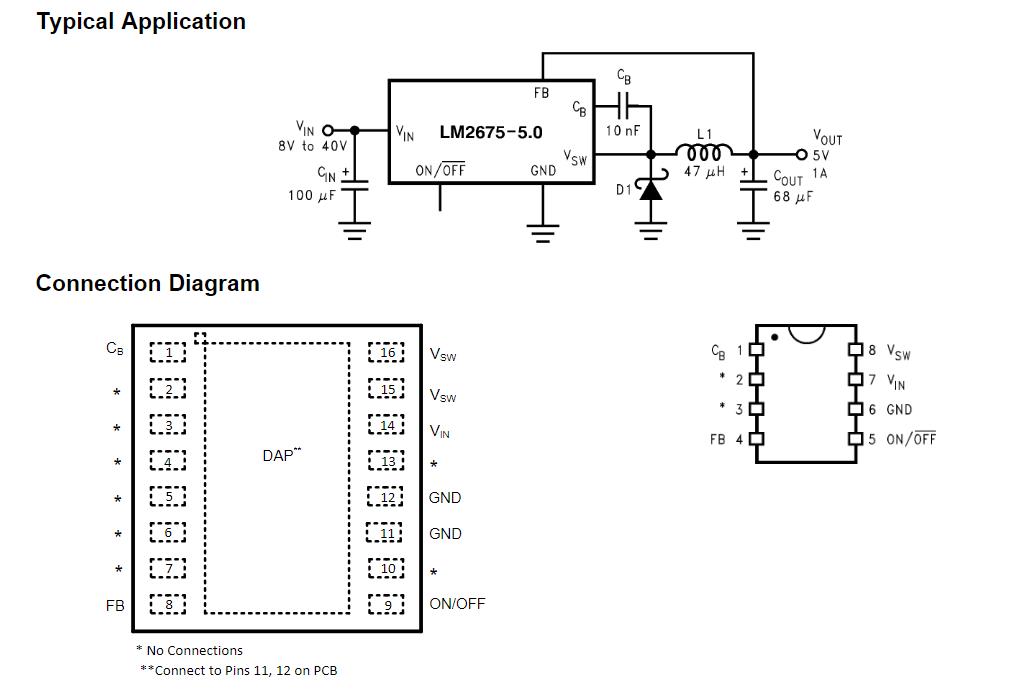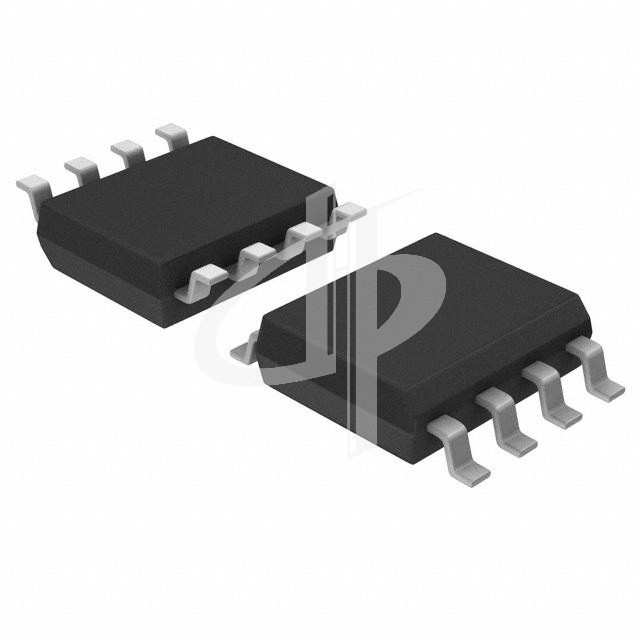LM2675MX-5.0/NOPB Overview:
The LM2675MX-5.0/NOPB is a step-down voltage regulator manufactured by Texas Instruments. It is a popular IC used for converting a higher input voltage to a stable lower output voltage, making it suitable for various power supply applications.
Features of LM2675MX-5.0/NOPB:
- Output Voltage: 5.0V (Fixed voltage regulator).
- Input Voltage Range: Typically up to 40V.
- Output Current: The maximum output current varies based on the specific model and external components used.
- Efficiency: High efficiency due to its step-down switching regulator design.
- Protection Features: Overcurrent protection, thermal shutdown protection, and input undervoltage lockout.
- Package: Typically available in an SOIC or TO-263 package.
- Adjustable Output Versions: Some LM2675 variants allow for adjustable output voltages.
- Low Dropout Voltage: Suitable for applications where the input voltage is close to the output voltage.
Thermal Management Effects:
- Heat Dissipation: The LM2675MX-5.0/NOPB, like many power components, generates heat during operation. Efficient thermal management is crucial to ensure the IC operates within its temperature limits.
- Heat Sink: Depending on the application and current requirements, a heat sink may be necessary to dissipate excess heat and prevent the IC from overheating.
- PCB Layout: Proper PCB layout with copper traces acting as heat dissipation paths can help in managing thermal effects.
Battery Charge Types:
The LM2675MX-5.0/NOPB is not directly related to battery charging, as it is a voltage regulator. However, it may be used in systems that involve battery charging circuits. Here are some common battery charge types:
- Constant Voltage (CV): In the CV phase, the charger maintains a constant voltage to charge the battery until it reaches its voltage limit.
- Constant Current (CC): During the CC phase, the charger provides a consistent current until a set voltage level is reached.
- Trickle Charging: A low current is continuously supplied to the battery to maintain its charge once it reaches full capacity.
- Pulse Charging: Intermittent pulses of current are used to charge the battery efficiently.
- Fast Charging: Higher currents are provided to quickly charge the battery but require careful temperature monitoring and control.

When designing battery charging systems with the LM2675MX-5.0/NOPB, it's essential to consider the specific requirements of the battery being charged and ensure appropriate charging profiles are used to optimize battery performance and longevity.




